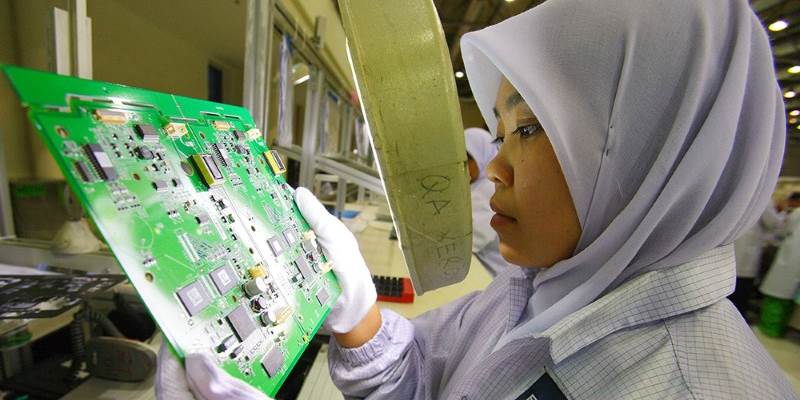Statement delivered on 14 February 2018 by Ambassador Harald Neple, Norway’s Permanent Representative to the WTO and EFTA:
Thank you Chair.
Let me start by saying that Norway is pleased to note that Malaysia's economy is showing such impressive economic growth. We commend the Government for its continued commitment to encourage trade and foreign investments, and encourage you to continue these efforts. They are definitively important for your objective to become a high-income nation by 2020.
Norway values Malaysia's contributions to the work of the WTO. We note with appreciation point 4.9 in the government’s report that states that Malaysia is committed to promoting a transparent and liberal trade and investment environment, especially within the rules-based multilateral trading system of the WTO.
Let me now touch upon our bilateral trade with some comments that in fact reinforce the description of the positive developments in the Malaysian economy. Trade between Norway and Malaysia has over the past ten years shown a strong increase, but there is much potential for further growth in our mutual trade. Norway's import from Malaysia amounted to US$427 million in 2017, an increase of US$160 million compared to 2014. We also are seeing a growing trend in exports from Norway to Malaysia, even though these are fluctuating a bit more due to the nature of the exports, with initial numbers showing a value of US$277 million for 2017.
More significantly, a number of large-scale Norwegian investments have taken place in Malaysia and this trend is continuing. New companies, within both established and new sectors, keep looking towards investing in Malaysia. This is a clear indication of the growing attractiveness of the Malaysian market and a testament to the Government's policies to encourage FDI inflows. Norway recognizes measures taken to streamline the regulatory framework and the removal or reduction of equity and other restrictions on foreign investment.
In this connection, we would like to thank the Malaysian delegation for the answers to our written questions. We hope that the positive indication that your government, and I quote, “is committed to take continuous balanced measures in reducing restrictions and facilitating foreign participations in order to continue attracting high quality FDIs in fisheries, energy, telecommunications, finance and transport sectors” does mean constant review and openness to change in these important sectors.
We look forward to contributing towards finalizing the negotiations on a Free Trade Agreement between Malaysia and the EFTA States. The trade patterns between Malaysia and Norway are complementary, and a trade deal would be useful to both countries as there is a great potential for increased trade if the parties manage to conclude such an agreement.
Now, moving to on to a couple of issues that we have been especially focused on for the past months here at the WTO:
Let me start with e-commerce. The expansion of the digital economy offers new opportunities for the promotion of inclusive economic growth. Norway hopes other WTO members will follow Malaysia’s example, with reference to point 6.5 in the government report, and describe e-commerce and the digital economy in some detail in their national reports. We commend Malaysia for the development of a national e-commerce strategic roadmap, and would really like to hear Malaysia expand on how you would like to see the discussions on e-commerce evolve in the WTO.
We will continue to have intensive negotiations regarding fisheries subsidies in the next few months. We note information in the report on subsidies, both subsidized loans through the Agrobank to modernize fleet etc. as well as other direct support. We applaud that fuel subsidies generally and also for fisheries have decreased. We also note that even though the Malaysian Government has the possibility to provide incentives to fishers’ associations to assist their members in acquiring deep-sea vessels, they do not yet do so. Given the emphasis the Government seems to have on sustainability and management of fishing capacity, we presume that the increase predicted in marine catch to 1.76 million tonnes by 2020 is based on sustainability assessments. We urge Malaysia to be very careful so as not to make incentives that lead to overfishing.
This said, The Secretariat report describes among other things your fisheries management as such, with regulations, licensing of all fishing boats and surveillance of all activities, and your National Plan of Action for the Management of Fishing Capacity 2015-2020 as well as the National Plan of Action on illegal, unreported and unregulated (IUU) fishing. These descriptions are very useful background for the negotiations, being an example of how one developing country works in this area, and could usefully be expanded on in meetings in connection to the negotiations.
For more information, see the dedicated page for the TPR of Malaysia on WTO’s website: https://www.wto.org/english/tratop_e/tpr_e/tp466_e.htm
